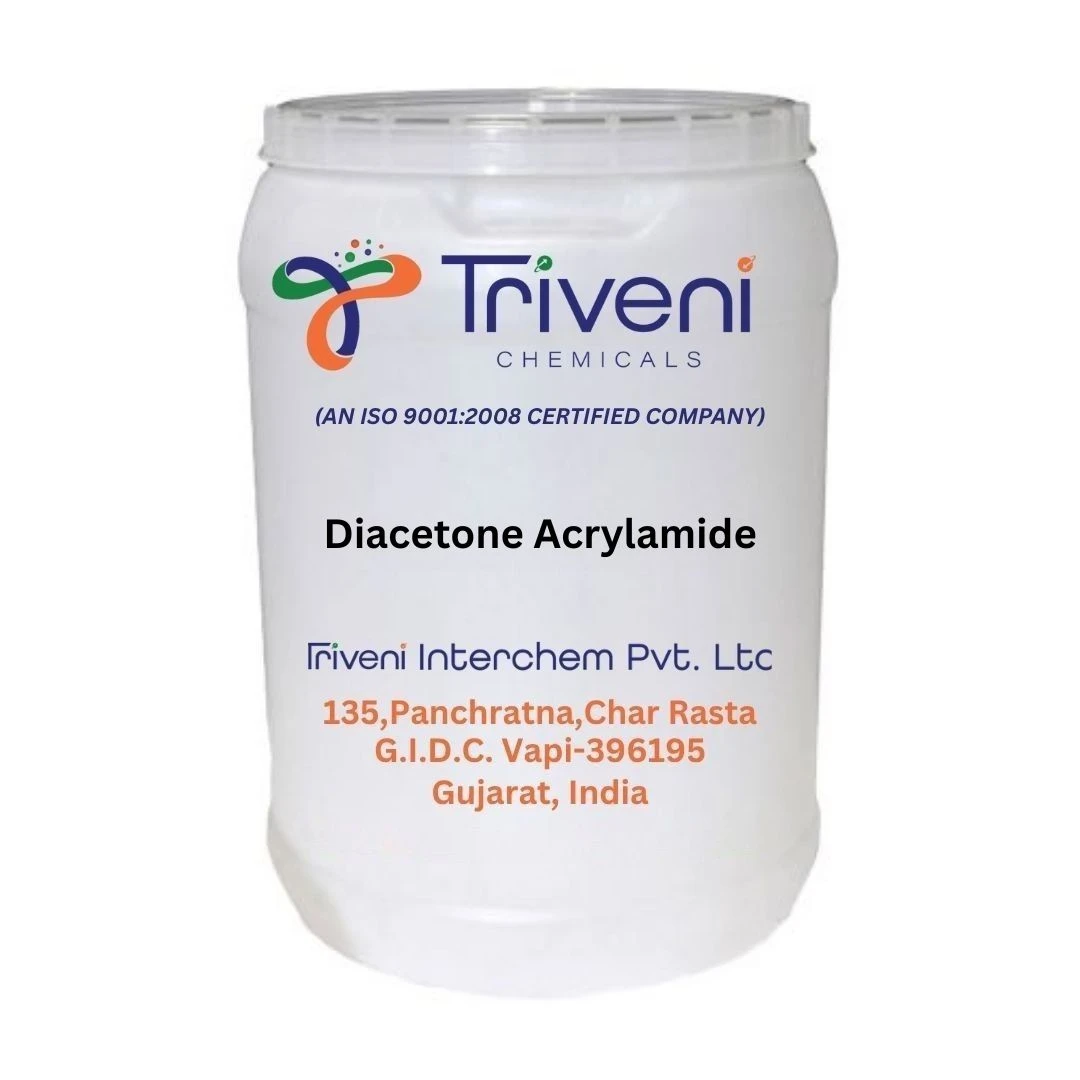Engines and machines depend heavily on lubricating oils to function properly. These lubricants are used to diffuse heat, lessen friction between moving parts, guard against wear, and stop corrosion. They are available in several formulations designed for specialized uses, such as industrial machinery and automobile engines. Now let's explore the..
Engines and machines depend heavily on lubricating oils to function properly. These lubricants are used to diffuse heat, lessen friction between moving parts, guard against wear, and stop corrosion. They are available in several formulations designed for specialized uses, such as industrial machinery and automobile engines. Now let's explore the realm of lubricating lubricants. Base Oils: Mineral, synthetic, or a combination of the two types of base oils are the fundamental components of lubricating oils. Mineral oils are less expensive than crude oil and have strong lubricating qualities. They are frequently employed in applications where stability at high temperatures is not essential.Conversely, synthetic oils are designed in a laboratory to deliver exceptional performance in harsh circumstances. They provide extended service lives, enhanced resistance to oxidation, and superior viscosity stability over a broad temperature range. Because of these characteristics, synthetic oils are perfect for demanding settings including aerospace applications and high-performance engines. Additives: Lubricants are frequently fortified with additives to improve the performance of the base oil. These additives can increase the viscosity index, clean and suspend impurities with detergents and dispersants, prevent oil degradation with antioxidants, protect surfaces with anti-wear agents, and protect metal parts from corrosion.Viscosity: The oil's resistance to flow is one of the fundamental characteristics of lubricating lubricants. Choosing the appropriate viscosity grade for the operating conditions is essential. Higher viscosity oils provide superior protection at high temperatures and heavy loads, whereas lower viscosity lubricants facilitate startup by flowing more readily in cold weather. Applications: Lubricating oils find extensive usage in a wide range of equipment, including hydraulic oils in heavy machinery and engine oils in automobiles, trucks, and motorcycles. Compressor oils guarantee the effective operation of air compressors, while gear oils maintain the smooth working of gears and bearings. While circulating oils are utilized in systems where the oil needs to be continuously circulated for cooling and lubricating, turbine oils are specifically designed to meet the needs of turbines. Maintenance: The longevity and functionality of equipment depend on proper lubricant oil maintenance. This entails doing routine oil changes, keeping an eye on the quality of the oil through analysis, and making sure the proper oil is used for each application. Increased wear, wear and tear on equipment, and even equipment failure, can result from contaminated or deteriorated oil.To sum up, lubricating oils are vital to machinery because they offer critical performance and protection. These oils maintain the smooth operation of our engines, gears, and industrial equipment for many years to come. They are made with the proper combination of base oils and additives, suited to certain applications and operating conditions.


